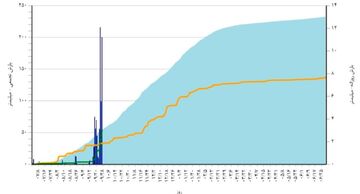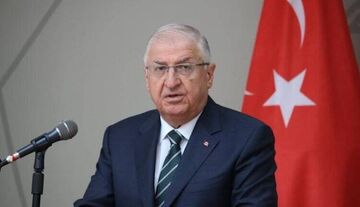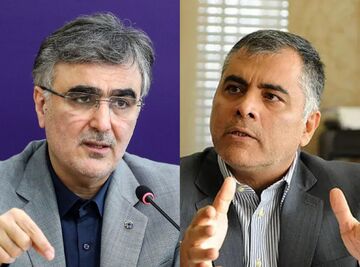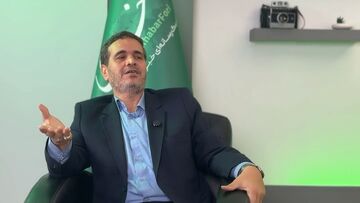TEHRAN(Bazaar) – William O. Beeman, Professor Emeritus of University of Minnesota, says if Democrats are able to retain power after the November elections, the prospects for the JCPOA will greatly improve, because it will give the Biden administration much more room to be flexible without worrying about putting their political future in danger.
He adds: “If Democrats lose the elections, the prospects for the JCPOA are much reduced.”
Following is the text of the Bazaar interview with Professor William O. Beeman.
Bazaar: The new round of nuclear negotiations between Iran and the other side has started in Vienna. What is your assessment of this round of negotiations?
Beeman: I am not optimistic about the outcome of these talks. There have been a lot of developments in the past two months that have eroded trust between Iran, the United States, and the other partners in the JCPOA. Most recently the United States has refused to remove the IRGC from a list of terrorist organizations. In return the IRGC has done a lot of sabre rattling about Iran's nuclear program, hinting that Iran might indeed move toward developing nuclear weapons that has been extremely unhelpful. I see both of these moves as insubstantial posturing. The placement of the IRGC on the terrorist list is almost completely symbolic. Moreover, Iran is not going to develop nuclear weapons, so the IRGC claims are empty threats, but these are the kinds of public statements that erode public support, and make negotiations more difficult.
Additionally, the presence of Russia in the negotiations is problematic. The United States is now actively opposed to Russia in its actions in Ukraine. Russia has allegedly been seeking drones from Iran. This makes it less likely that the United States would be willing to make concessions toward Iran in the negotiations.
Added to this, Iran's current relations with China are proving problematic. There are increased tensions between the United States and China, greatly reducing China's ability to persuade the United States to accommodate the negotiations.
Bazaar: Some argue that the resumption of JCPOA negotiations after a 5-month hiatus could indicate that the informal talks during this period have opened up a space for progress and that all the negotiators have agreed to travel to Vienna and interact face-to-face. What is your assessment?
Beeman: It is possible that there could still be room for progress, but at present this is mere speculation. The external dynamics of the negotiation have not improved.
Bazaar: According to some unofficial news, the negotiating team between Iran and the United States has made significant progress regarding the payment of compensation to Iran in case the United States withdraws from the JCPOA. Given that one of the important issues has been this issue, how do you evaluate the progress in this field?
Beeman: The United States cannot compensate Iran in any way in the current political climate. Any compensation or release of funds to Iran would have to come from a third party, such as South Korea where Iran has some sequestered funds. Republicans are looking for any excuse to attack the Biden administration, and providing any material benefit to Iran will be the basis for severe criticism on the part of Republicans. After the November midterm elections, this problem will be greatly reduced. So, if there is going to be any compensation for Iran, I would not expect it until after November.
Bazaar: Before the start of negotiations, Europe had presented a draft to exit the deadlock. Is this draft the basis of negotiations?
Beeman: That draft is not an official document that must be considered as part of the negotiations. It was an attempt on the part of the EU to mediate, and it is certainly being considered, but the EU is not a party to the JCPOA negotiations. What they have put forward is what might be called an amicus brief in a court situation.
Bazaar: What is your prediction for the future of JCPOA?
Beeman: Time is running out. If Democrats are able to retain power after the November elections, the prospects for the JCPOA will greatly improve, because it will give the Biden administration much more room to be flexible without worrying about putting their political future in danger. If Democrats lose the elections, the prospects for the JCPOA are much reduced.
















نظر شما